Preparing Your Home for Springtime Pests
Gear Up Your Home for Springtime Pests: Discover Essential Tips and Strategies to Prevent Infestations and Enjoy a Pest-Free Season Ahead. Call today (401) 390-2080 for a free quote!
BEE CONTROLNE REGION PEST CONTROLRESIDENTIAL PEST CONTROLPEST CONTROLANT CONTROLSPRINGTIMEGREEN PEST SOLUTIONSFLEA CONTROL
NERPC
4/2/202410 min read
Introduction
With the arrival of spring in New England, homeowners are faced with the challenge of dealing with pests that come out of hibernation or migrate to the region. As the weather warms up, creatures and insects start looking for food and shelter, often finding their way into our homes. It is essential to take proactive measures to prepare your home for springtime pests to prevent infestations from escalating into larger problems.
Spring is a time of renewal and growth, but unfortunately, it is also a time when pests become more active. As the temperature rises and the days become longer, various pests that have been dormant during the winter months start emerging from their hiding places. These pests include ants, spiders, termites, mosquitoes, and rodents, among others. They are not only a nuisance but can also pose health risks and cause damage to your property. One of the most effective ways to prevent pests from entering your home is by conducting a thorough inspection of both the interior and exterior of your property. Start by examining the foundation for any cracks or gaps that pests could use as entry points. Seal these openings with caulk or other appropriate materials to prevent pests from finding their way inside. Next, inspect your windows and doors for any gaps or damaged weather stripping. These areas are common entry points for pests, so ensure that they are properly sealed. Additionally, check your screens for any holes or tears and repair or replace them as needed to keep pests out while still allowing fresh air to circulate. Another crucial step in pest prevention is maintaining a clean and clutter-free home. Pests are attracted to food sources, so it is essential to store food in airtight containers and promptly clean up any spills or crumbs. Regularly emptying trash cans and keeping them tightly sealed will also help deter pests from scavenging for food. In addition to these preventive measures, it is advisable to enlist the help of a professional pest control service. They can conduct a thorough inspection of your property and implement targeted treatments to eliminate any existing infestations and prevent future ones. A pest control professional will have the knowledge and expertise to identify potential problem areas and recommend appropriate solutions tailored to your specific needs. By taking proactive measures and being vigilant about pest prevention, you can enjoy the beauty of spring without the worry of unwanted guests invading your home. Remember, prevention is always better than dealing with a full-blown infestation, so start preparing your home for springtime pests today.
Identifying Common Springtime Pests
Before we dive into the steps you can take to prepare your home, it's important to familiarize yourself with the common pests that tend to emerge during springtime in New England. By understanding their habits and characteristics, you can better equip yourself to deal with them effectively. Some of the common pests you may encounter include:
Ants: As the weather warms up, ants become more active and start searching for food sources. They can quickly invade your kitchen and pantry, causing a nuisance. These tiny creatures are attracted to sugary substances and leftovers, so it's crucial to keep your countertops clean and store food in airtight containers.
Termites: Spring is the mating season for termites, and they can cause significant damage to wooden structures if left unchecked. These destructive insects feed on cellulose found in wood, and their presence can go unnoticed until the damage becomes severe. Regular inspections by a professional pest control company can help detect termite infestations early.
Mosquitoes: With the arrival of warmer temperatures and increased rainfall, mosquitoes become a common nuisance in New England. They not only cause itchy bites but also pose a risk of spreading diseases. Mosquitoes breed in stagnant water, so eliminating any standing water sources around your property, such as birdbaths or clogged gutters, can help reduce their population.
Ticks: Ticks are prevalent in wooded areas and can transmit diseases such as Lyme disease. It's essential to take precautions to prevent tick bites. When spending time outdoors, wear long sleeves and pants, use insect repellent containing DEET, and perform thorough tick checks after returning indoors. If you find a tick attached to your skin, remove it carefully with tweezers, grasping it as close to the skin as possible.
Bees and Wasps: As flowers start to bloom, bees and wasps become more active. Their nests can be found in various areas around your home, posing a risk of stings. If you notice a nest on your property, it's best to contact a professional pest control service to remove it safely. Avoid swatting at bees or wasps, as it may provoke them and increase the likelihood of getting stung.
By being aware of these common springtime pests and taking the necessary precautions, you can minimize their impact on your home and enjoy the season to the fullest.
Steps to Prepare Your Home for Springtime Pests
1. Seal Entry Points
Pests can find their way into your home through small cracks and gaps in doors, windows, and foundations. Inspect your home for any potential entry points and seal them to prevent pests from gaining access. Use caulk to seal gaps around windows and doors, and consider installing door sweeps to keep pests from crawling under doors. Repair any damaged screens on windows and vents to prevent insects from entering.
2. Remove Clutter and Debris
Pests often seek shelter in cluttered areas, so it's important to declutter your home and yard. Remove any unnecessary items, such as piles of wood, old furniture, or unused appliances, as they can provide hiding places for pests. Keep your yard well-maintained by regularly mowing the lawn, trimming bushes, and removing fallen leaves and branches.
3. Store Food Properly
Springtime pests, such as ants and rodents, are attracted to food sources. Make sure to store food properly in airtight containers to prevent pests from accessing it. Clean up any spills or crumbs immediately, and regularly empty and clean your trash cans to avoid attracting pests.
4. Maintain Proper Drainage
Poor drainage can create standing water, which is a breeding ground for mosquitoes and other insects. Ensure that your gutters are clean and free from debris to allow proper water flow. Consider installing gutter guards to prevent leaves and debris from clogging the gutters. If you have any areas in your yard that tend to collect water, such as low-lying spots, fill them in or create proper drainage to eliminate standing water.
5. Trim Vegetation
Overgrown vegetation can provide hiding places and pathways for pests to enter your home. Trim back tree branches and shrubs that are in close proximity to your house. This will not only prevent pests from using them as access points but also help improve airflow and reduce moisture around your home, making it less attractive to pests.
6. Inspect and Maintain Your Home's Exterior
Regularly inspect the exterior of your home for any signs of damage or wear that could provide entry points for pests. Look for cracks in the foundation, loose siding, or damaged roof shingles. Repair any issues promptly to prevent pests from finding their way in.
7. Schedule Professional Pest Control
Even with preventive measures in place, it's a good idea to schedule a professional pest control service to inspect and treat your home for potential pest problems. Pest control professionals have the knowledge and expertise to identify and address any pest issues effectively. They can also provide recommendations for long-term pest prevention.
By following these steps, you can ensure that your home is well-prepared for the arrival of springtime pests. Taking proactive measures to seal entry points, remove clutter, store food properly, maintain proper drainage, trim vegetation, and inspect and maintain your home's exterior will significantly reduce the risk of pest infestations. Additionally, scheduling regular professional pest control services will provide an extra layer of protection against pests. With these measures in place, you can enjoy the beauty of spring without the nuisance of unwanted pests in your home.


Pest Control Services
ANTS | BED BUGS | BEES | COCKROACHES | FLEAS | FLIES | MICE | MOSQUITOES | OCCASIONAL INVADERS | RATS | SPIDERS | TERMITES | TICKS


Ant Control
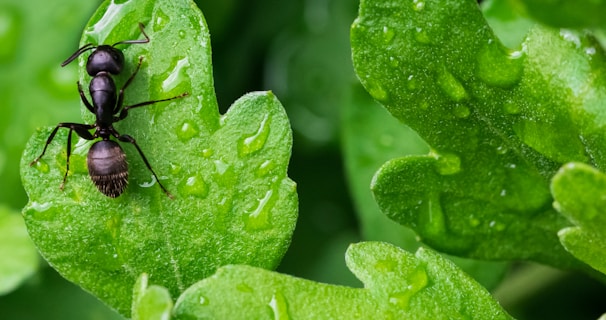
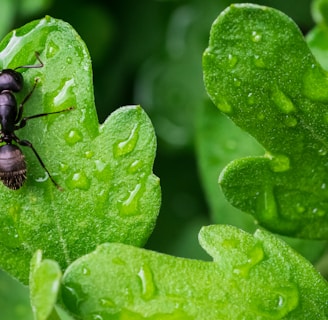
Ant Control Services In New England
Carpenter Ants
Odorous House Ants
Pavement Ants
Pharaoh Ants
& More...
Bed Bug Control


Bed Bug Control Services In New England
Cimex lectularius
Cimex hemipterus
Leptocimex boueti
& More...
Bee Control
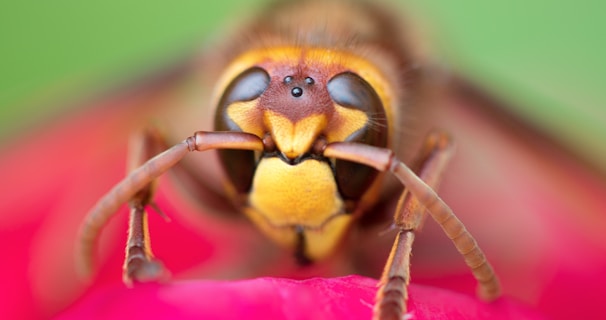
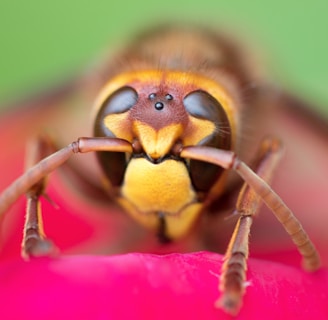
Bee Control Services In New England
Bald-faced Hornets
Carpenter Bees
Cicada Killer Wasps
Paper Wasps
Yellow Jackets
& More...
Cockroach Control
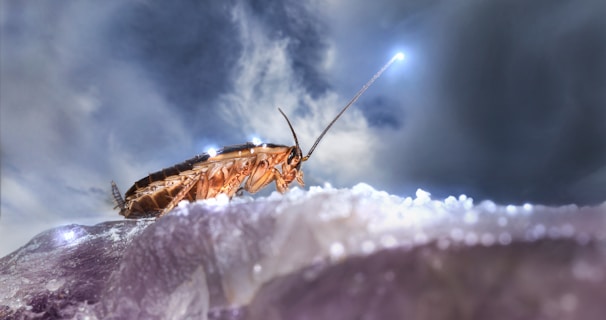
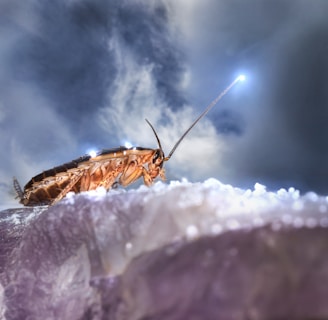
Cockroach Control Services In New England
American Cockroaches
Brown-Banded Cockroaches
German Cockroaches
Oriental Cockroaches
Pennsylvania Wood Cockroaches
& More...
Flea Control
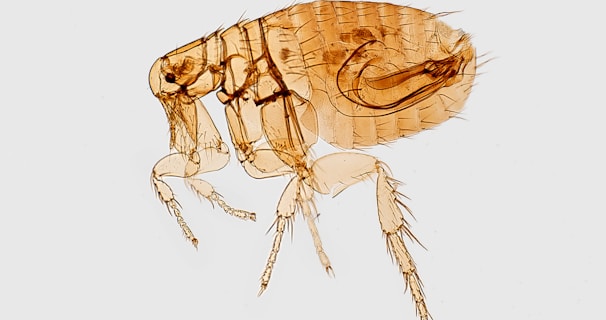
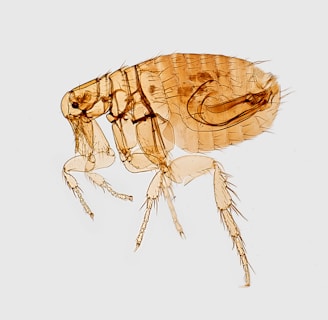
Flea Control Services In New England
Brown Fleas
Cat Fleas
Dog Fleas
Human Fleas
Oriental Rat Fleas
& More...
Fly Control
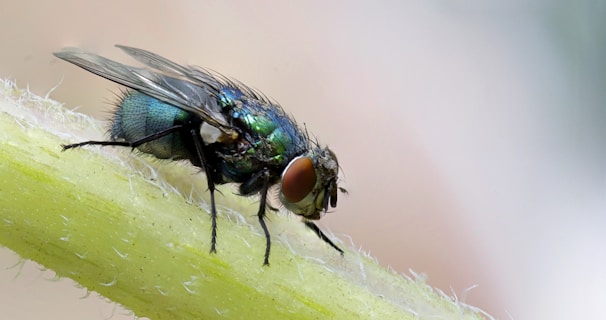
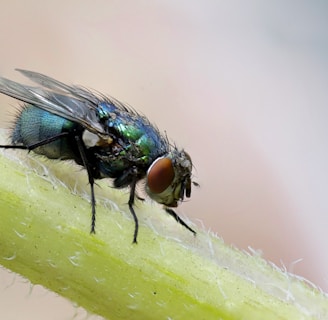
Fly Control Services In New England
Black Flies
Deer Flies
Horse Flies
Sand Flies
& More...
Mice Control
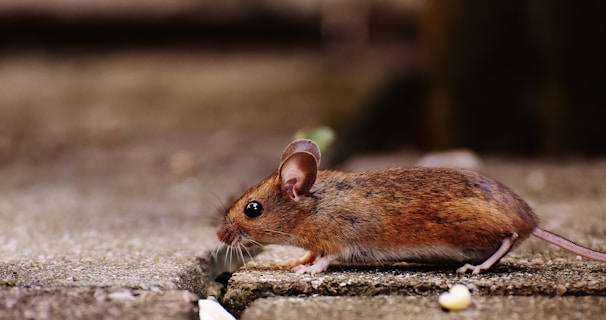
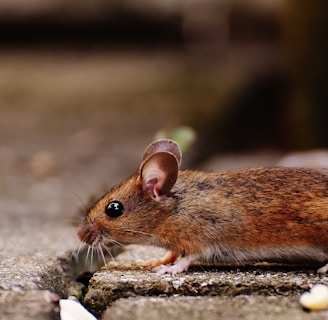
Mice Control Services In New England
House Mice
Jumping Mice
North American Deer Mice
White-Footed Deer Mice
& More...
Mosquito Control
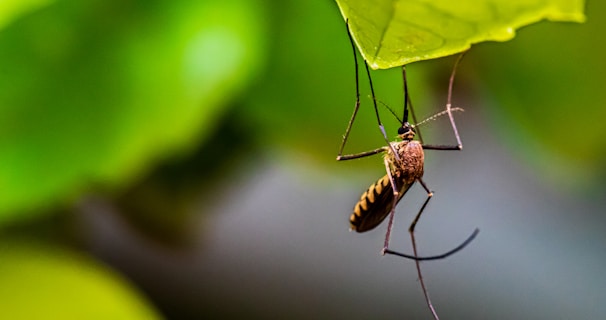
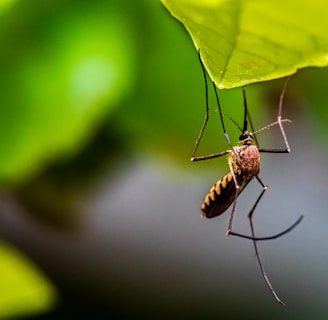
Mosquito Control Services In New England
Aedes Mosquitoes
Anopheles Mosquitoes
Asian Tiger Mosquitoes
Culex Mosquitoes
& More...
Occasional Invader Control
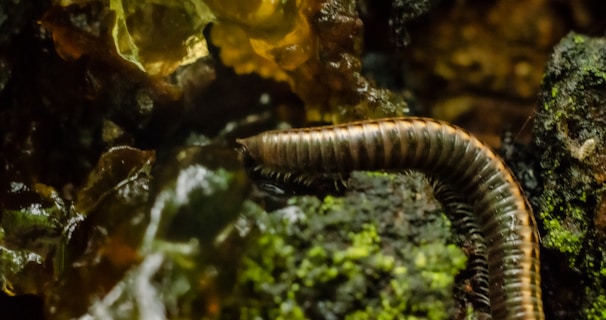
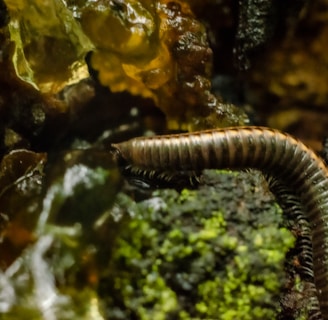
Occasional Invader Control Services In New England
Boxelder Bugs
Centipedes
Earwigs
Silverfish
Stink Bugs
& More...
Rat Control
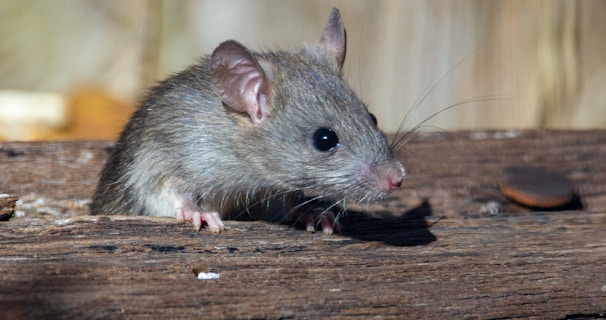
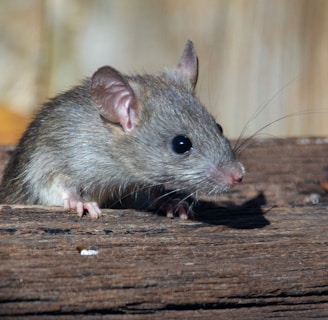
Rat Control Services In New England
Black Rats
Brown Rats
Norway Rats
& More...
Spider Control
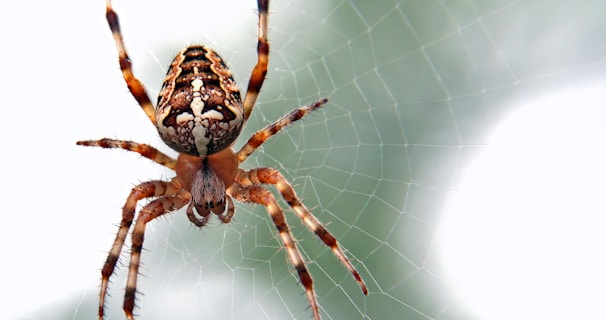
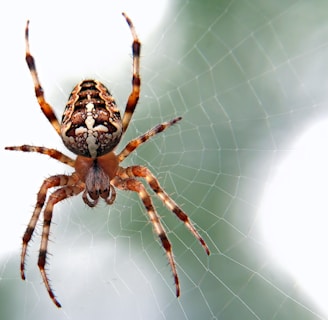
Spider Control Services In New England
Black Widow Spiders
Brown Widow Spiders
House Spiders
Jumping Spiders
& More...
Termite Control
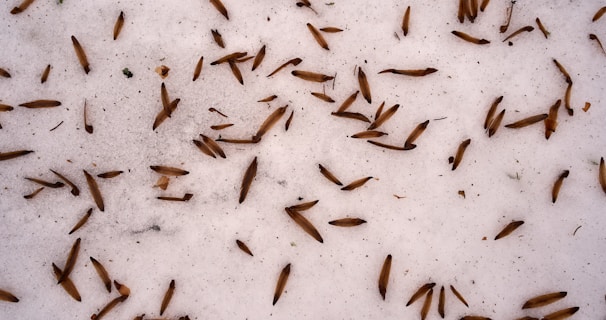
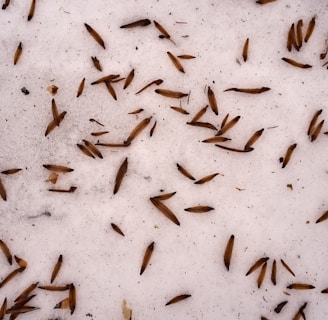
Termite Control Services In New England
Eastern Subterranean Termites
& More...
Tick Control
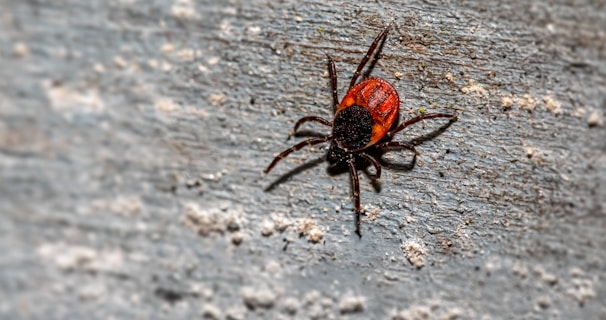
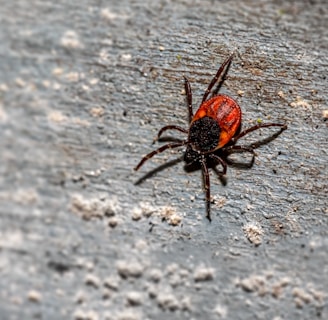
Tick Control Services In New England
American Dog Ticks
Blacklegged Deer Ticks
Brown Dog Ticks
Lone Star Ticks
& More...
Springtime Pests Beware: We Handle Them All with Ease!
Springtime Pests: We've Got Your Back, From Ants to Termites!
As spring arrives, so do a plethora of pests seeking refuge in our homes and properties. From ants and termites to mosquitoes and fleas, the warmer weather invites a wide array of unwelcome visitors. At NE Region Pest Control, we understand the frustration and inconvenience that springtime pests can bring, which is why we're dedicated to providing comprehensive pest control solutions to handle them all.
Our team of experienced technicians is well-equipped to tackle any pest infestation, no matter how big or small. We begin by conducting a thorough inspection of your property to identify potential entry points and nesting areas. Using the latest techniques and environmentally friendly products, we develop a customized treatment plan tailored to your specific needs.
For common springtime pests like ants and termites, we utilize targeted baiting systems and liquid treatments to eliminate colonies at their source. Our mosquito and flea control services include barrier treatments and larvicide applications to reduce populations and protect your outdoor spaces.
But our commitment doesn't stop there. We also provide valuable tips and recommendations for preventing future infestations, such as sealing cracks and crevices, eliminating standing water, and maintaining proper sanitation practices.
With our expertise and dedication to customer satisfaction, you can trust us to handle all your springtime pest problems with professionalism and efficiency. Don't let pests ruin your enjoyment of the season – contact us today to schedule a consultation and take back control of your home.
Our Pest Control Services Information:
Here are the steps we take to eliminate springtime pests from your property:
Inspection: Our trained technicians conduct a thorough inspection of your property to identify common entry points and nesting areas for springtime pests such as ants, termites, mosquitoes, fleas, and more.
Identification: We determine the species of pests present and assess the extent of the infestation to tailor our treatment plan accordingly.
Customized Treatment Plan: Based on our inspection findings, we develop a customized treatment plan that targets the specific pests infesting your property. This plan may include a combination of baiting, spraying, trapping, and exclusion techniques.
Exterior Treatment: We apply barrier treatments around the perimeter of your property to create a protective barrier against pests, preventing them from entering your home.
Interior Treatment: We treat the interior of your home, focusing on areas where pests are likely to enter or nest, such as cracks and crevices, baseboards, and around doors and windows.
Targeted Pest Control: For specific pests like ants and termites, we use targeted baiting systems and liquid treatments to eliminate colonies at their source.
Mosquito and Flea Control: We implement mosquito and flea control measures, such as larvicide applications and barrier treatments, to reduce populations and protect your outdoor spaces.
Prevention: In addition to treating existing infestations, we provide recommendations for preventing future pest problems, such as eliminating standing water, sealing cracks and crevices, and maintaining proper sanitation practices.
Follow-Up: We schedule follow-up visits to monitor the effectiveness of our treatments and make any necessary adjustments to ensure long-term pest control.
By following these steps, we effectively eliminate springtime pests from your property and implement measures to prevent future infestations, allowing you to enjoy the season pest-free.
Get A Free Quote!


Got A Pest? We're The Best!
With the trust of residences and businesses in Rhode Island, Massachusetts, and Connecticut, NE Region Pest Control is committed to delivering exceptional service in a safe and affordable manner. Contact us for an honest and professional assessment of your pest issue, and we'll strive to save you both time and money.
OUR SERVICE AREA
What People Are Saying About NE Region Pest Control?
Get in touch
Address
P.O. Box 724
North Scituate, RI 02857
Contacts
© 2024 NERPC. All rights reserved. This website and its content are the property of Pest Web Design. Unauthorized use and/or duplication of this material without express and written permission from this site's author and/or owner is strictly prohibited.
